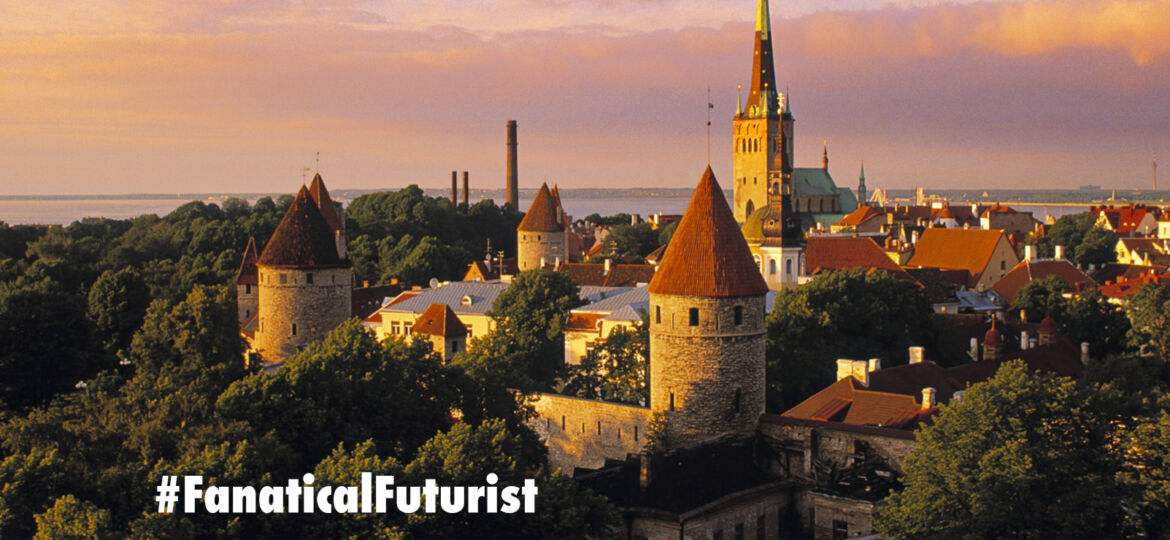
WHY THIS MATTERS IN BRIEF
The future of money is digital, and more countries around the world are drawing up plans to develop and deploy their own national cryptocurrencies, signalling the demise of the cash society and ushering in a new era of government led transparency and control.
Estonia has announced that it wants to join other countries like China, who are launching the world’s first national cryptocurrency “soon,” Russia and Sweden, and issue its own virtual currency, and they want to do it with the help of Ethereum founder Vitalik Buterin, and they hope the cryptocurrency, that they’ve dubbed “Estcoin,” could be launched using the digital coin community’s version of crowdfunding via an Initial Coin Offering (ICO).
ICOs enable start-ups to raise funds by selling off cryptocoins, such as bitcoin and ether, in return for cash and they are similar to the more common Initial Public Offerings (IPOs), but differ in that they deal with supporters of a project, making the investment more personal. They are also less regulated – something that recently led China to ban all bitcoin mining in the country.
The small eastern European country is no stranger to digital innovation. It was the first country to offer citizens of the world “E-residency,” a digital ID, like the one proposed by ID2020 and the United Nations, for non-Estonians that offers access to services like banking, payment processing and taxation.
Kaspar Korjus, managing director at E-Residency at Enterprise Estonia, said that the initiative was about creating a “borderless digital nation”.
“A government-supported ICO would give more people a bigger stake in the future of our country and provide not just investment, but also more expertise and ideas to help us grow exponentially,” said Korjus.
Meanwhile Vitalik Buterin, who founded the blockchain network Ethereum in 2014, is obviously a keen backer of Estonia’s digital innovations and, according to Korjus, has already been very helpful in providing feedback on the proposal.
“An ICO within the E-residency ecosystem would create a strong incentive alignment between E-residents and this fund, and beyond the economic aspect makes the E-residents feel like more of a community since there are more things they can do together,” said Buterin, “additionally if these Estcoins are issued on top of a blockchain then it would become easy and convenient to use them inside of smart contracts and other applications.”
Blockchains are distributed ledgers that serve as the foundation for digital coin transactions, and according to Korjus, more than 22,000 “E-residents” from 138 countries have already signed up to the initiative, and make “an enormous contribution” to the Estonian economy.
Last month Estonian President Kersti Kaljulaid said that her nation was “the only truly digital society,” underpinned by the state.
“Almost all our citizens’ interactions with the government, including voting, can be done securely online, and our ‘E-residents’ can incorporate and run their businesses in Estonia without ever having to set foot here,” she said, “seeing this digital revolution up close has made me question whether the state as we know it today is fit for the 21st century.”
And on the latter remark she has a point, bearing in mind that we already live in a “global, digital society” does it still make sense to divide the world into sovereign segments, aka countries, and should we all just be “E-Citizens of the world,” and not be locked into simply being “Citizens of XYZ country”? This, and the mechanics of how it might work, will be something I’ll be exploring in a future post… but for now, if you too want to become an Estonian citizen, and why the heck not, then just sign up and let me know what you think.
















